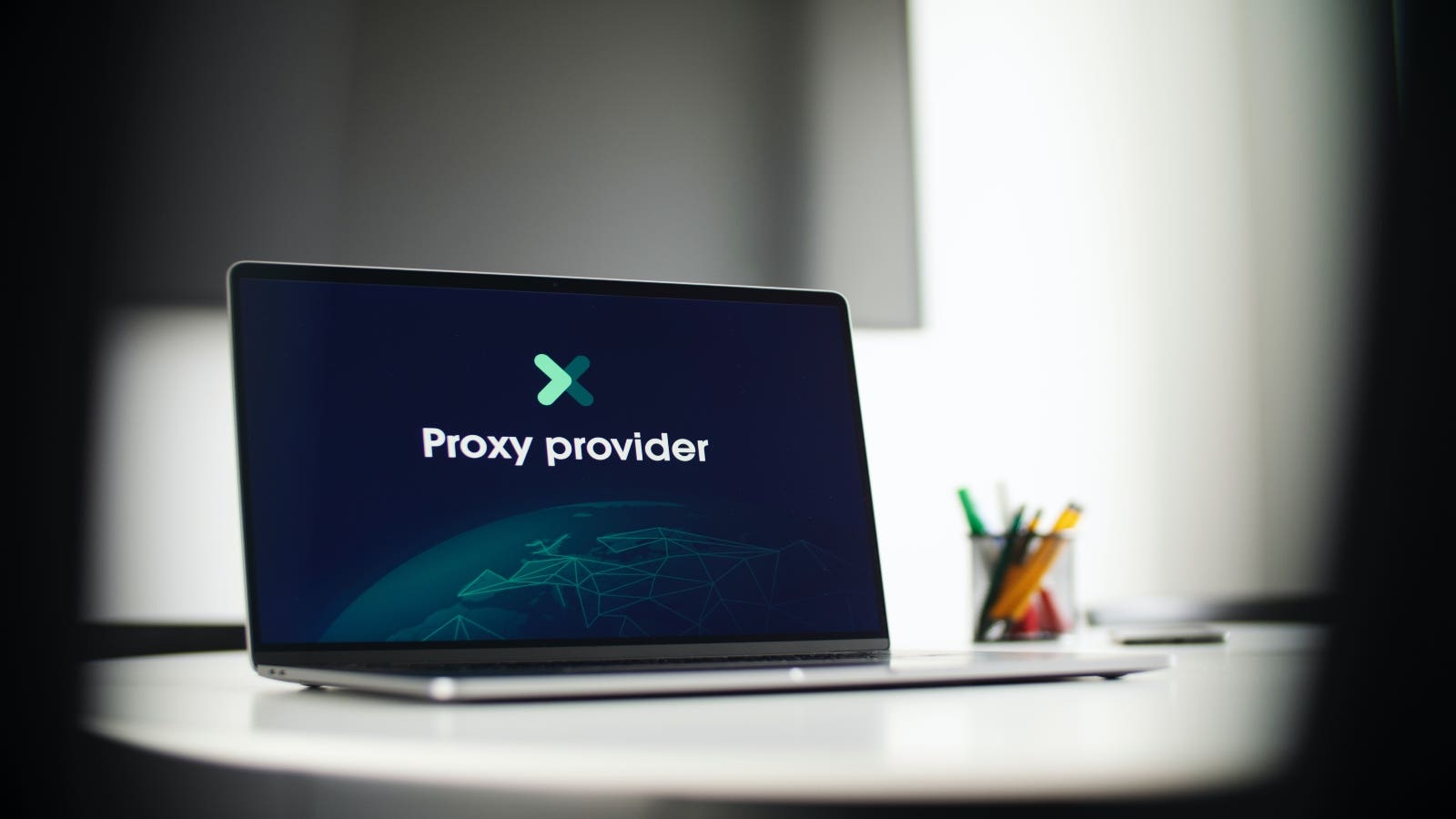What’s The Difference? – Forbes Advisor INDIA
Table of Contents
Show more
Show less
It is no surprise that due to the increase in corporate cyberattacks many are turning to proxies and VPNs to avoid digital crises. While these two approaches share similar functions, understanding their differences can allow you to determine which tool best suits your browsing needs.
To help, we set up a proxy vs. VPN comparison guide to better understand how each works.
Proxy vs. VPN: Similarities and Differences
If you aren’t familiar with a VPN or proxy, it could be easy to confuse the two based on their functions. For instance, both tools hide your internet protocol (IP) address, making it seem you are in a different location. However, it is crucial to distinguish the two to get the most out of their security and privacy-related offerings.
What Is a VPN?
A virtual private network (VPN) is a digital tunnel that takes your data from one point to another. When your information enters the tunnel, it gets encrypted (typically with AES 256-bit encryption). To anyone not approved to view it, the information would be extremely difficult to understand. The data only becomes legible again once it reaches the intended destination.
VPN usage aims to protect your identity, obscure browsing behaviors from watchful eyes and shut down most hacker antics. The system encrypts your information, making it easy to visit the web from various locations without concern about who might have access to your online activity. VPNs can be used on desktop computers and mobile devices.
Pros and Cons of Using a VPN
Although virtual private networks are for internet security, they have drawbacks. The following chart features the benefits…


